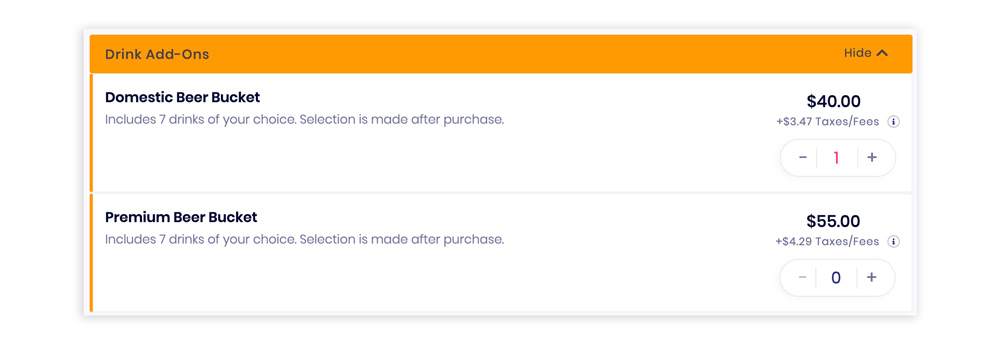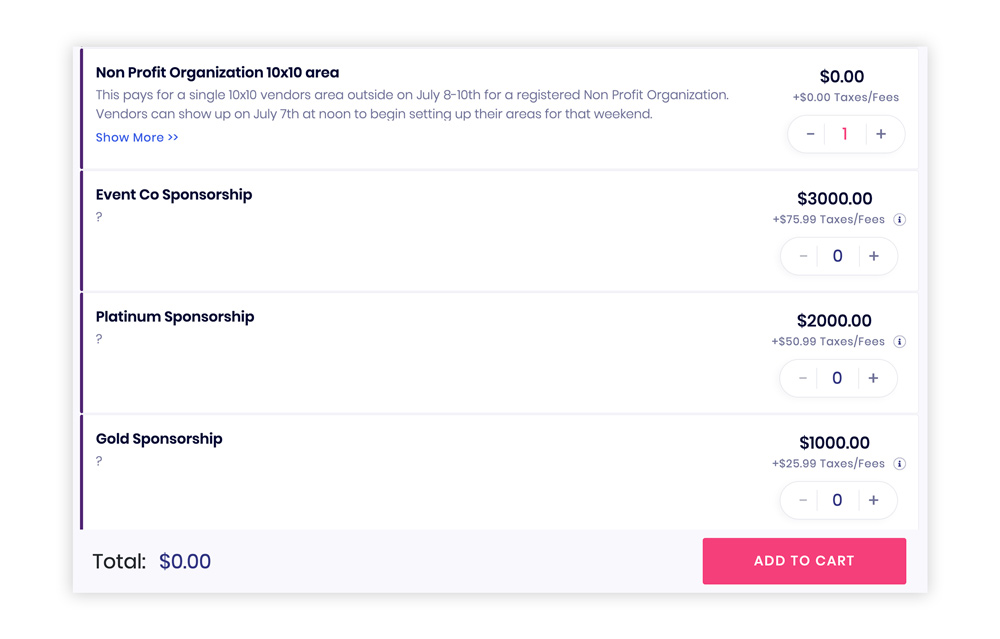Mastering Ticketing Strategies for a Successful Summer Concert Series
Planning a successful summer concert series involves numerous elements, but one of the most critical is the ticketing strategy.
The right ticketing platform can make a significant difference in the overall success of your event, impacting everything from customer satisfaction to revenue generation. This guide explores how to choose the right ticketing platform and utilize its features to enhance your summer events.

Choosing the Right Ticketing Platform
When selecting a ticketing platform, consider the following key features to ensure it aligns with the needs of your concert series:
1. Scalability and Reliability:
The platform should be able to handle large volumes of traffic without crashing, especially during peak sale times. This reliability ensures a smooth buying experience, reducing customer frustration and potential sales loss.
2. Security Features:
Robust security is essential to protect sensitive customer information and prevent fraudulent activities. Look for platforms with strong encryption methods, secure payment gateways, and compliance with the latest data protection regulations.
3. User Experience:
An intuitive and easy-to-navigate ticketing interface makes the purchasing process less cumbersome for your audience. A good platform should offer a streamlined checkout process and be mobile-friendly, as a significant portion of users will book tickets from their devices.
4. Customer Support:
Strong customer support is vital, both for your team and your ticket buyers. Quick and helpful customer service can greatly enhance the customer's experience and help resolve issues efficiently, which is crucial for maintaining a positive reputation.

Implementing Effective Pricing Models
To maximize both attendance and revenue, consider the following pricing strategies:
1. Dynamic Pricing:
This strategy adjusts ticket prices in real-time based on supply and demand. For instance, ticket prices can increase as the event date approaches or as certain sections of the venue fill up. This approach helps maximize revenue and manage attendee numbers efficiently.
2. Early Bird Discounts:
Offering discounted prices for customers who purchase their tickets well in advance can drive early sales and help you gauge interest in your event. This can also assist in early cash flow, which is critical for the upfront costs associated with event planning.
3. Tiered Pricing:
Different price tiers can cater to various demographics. For example, premium tickets could offer the best views and exclusive access, while more affordable tiers are available for those who simply want to enjoy the live music experience.

Enhancing Revenue with Exclusive Offers
Creating special ticket packages can significantly enhance the attendee experience and boost your revenue:
1. Bundling Options:
Combine tickets with merchandise, food vouchers, or exclusive access areas to create compelling packages. This not only increases the perceived value but also encourages more substantial upfront spending.

2. VIP Experiences:
Offer premium packages that might include backstage passes, meet-and-greets with artists, or special seating areas. Such offers greatly enhance the event experience for attendees, making them feel like part of an exclusive group.
3. Loyalty Programs:
Implement loyalty or reward programs for repeat customers. For example, attendees who have been to previous concerts might receive special discounts or first access to tickets for future events. This builds a dedicated fan base and boosts long-term sales.
Leveraging Marketing and Analytics Tools
A good ticketing platform should also offer robust analytics and marketing tools. Use these tools to track sales patterns, customer demographics, and marketing campaign effectiveness. This data is invaluable for making informed decisions about pricing, marketing strategies, and even future event planning.
By carefully selecting your ticketing platform and strategically leveraging its features, you can enhance both the attendee experience and your revenue potential. A strong ticketing strategy is not just about selling tickets; it's about building an environment that fosters customer loyalty and sets the stage for future successful events.






